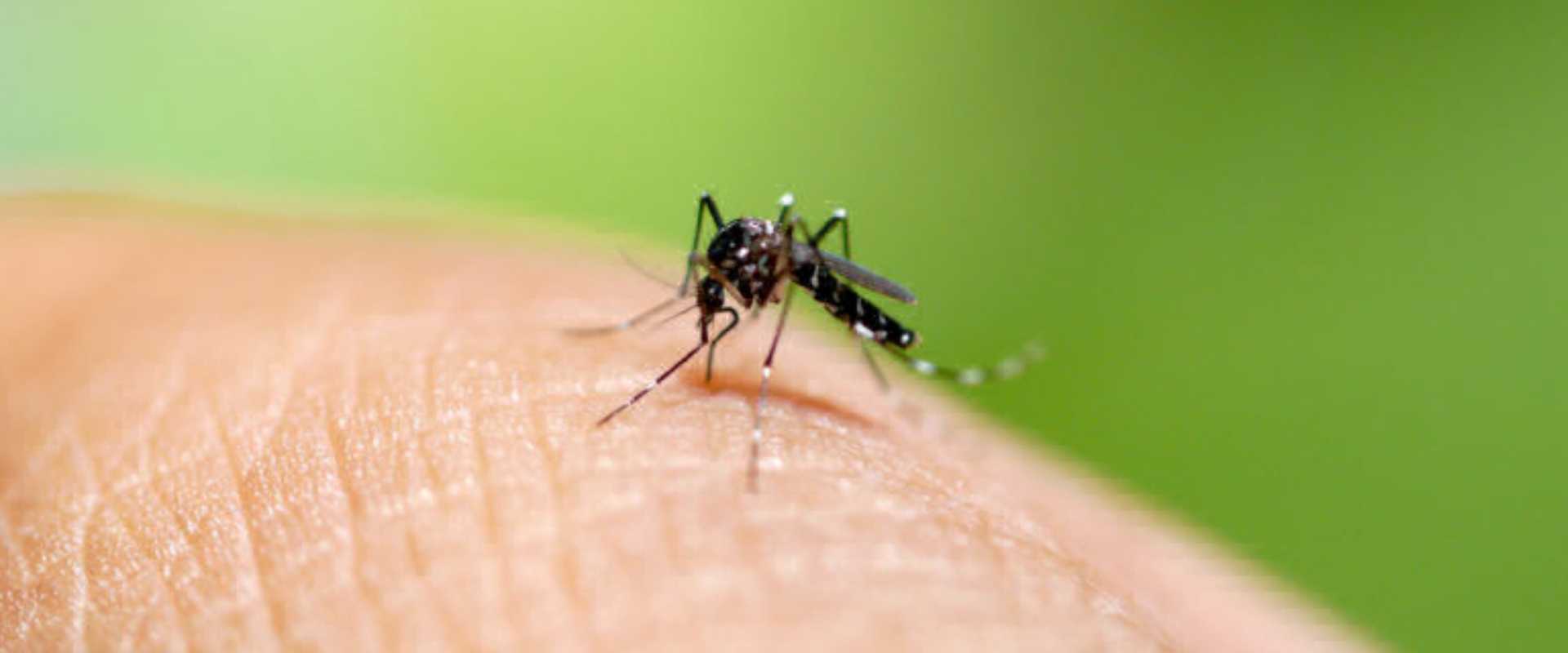Services
Dr. Anjali Palvia Services

INFECTIVE DISEASES
It is a medical specialty dealing with the diagnosis, control, and treatment of infections.
Infections are caused by infectious agents including viruses, viroids, prions, bacteria, nematodes such as parasitic roundworms and pinworms, arthropods such as ticks, mites, fleas, and lice, fungi such as ringworm, and other macroparasites such as tapeworms and other helminths.
There are many infectious diseases like Malaria, Cholera, Dengue Fever, Typhoid etc.
MalariaCauses
Malaria can occur if a mosquito infected with the Plasmodium parasite bites you. There are four kinds of malarial parasites that can infect humans: Plasmodium vivax, P. Ovale, P. Malariae, and P. falciparum. P. falciparum causes a more severe form of the disease and those who contract this form of malaria have a higher risk of death. An infected mother can also pass the disease to her baby at birth. This is known as congenital malaria. Malaria is transmitted by blood, so it can also be transmitted through:
an organ transplant, a transfusion.
use of shared needles or syringes.
Symptoms
High fever
shaking chills that can range from moderate to severe
Profuse Sweating, Headache, Vomiting, Muscle pain, Profuse sweating.
Causes
Dengue is caused by one of four dengue viruses (dengue virus types 1-4 or DENV 1-4) that are transmitted by the bite of an infected Aedes aegypti mosquito that has previously bitten an infected person. In the Western Hemisphere, the Aedes aegypti mosquito is the most common transmitter of dengue infection; transmission by the Aedes albopictus mosquito bite has also been reported.
Symptoms
Sudden, high fever
Severe headaches, Pain behind the eyes
Severe joint and muscle pain, Fatigue, Vomiting
Skin rash, which appears two to five days after the onset of fever
Causes
Contamination of food can happen at any point of production: growing, harvesting, processing, storing, shipping or preparing. Cross-contamination — the transfer of harmful organisms from one surface to another — is often the cause. This is especially troublesome for raw, ready-to-eat foods, such as salads or other produce. Because these foods aren't cooked, harmful organisms aren't destroyed before eating and can cause food poisoning. Many bacterial, viral or parasitic agents cause food poisoning.
Symptoms
Food poisoning symptoms vary with the source of contamination. Most types of food poisoning cause one or more of the following signs and symptoms:
Watery or bloody diarrhea
Vomiting, Nausea, Fever
Abdominal pain and cramps
An oral temperature higher than 100.4 F (38 C) and Extreme pain or severe abdominal cramping
Causes
Typhoid is caused by the bacteria S. Typhi and spread through food, drinks, and drinking water that are contaminated with infected fecal matter. Washing fruit and vegetables can spread it if contaminated water is used.
Symptoms
Headaches
Abdominal pain
Weakness and Constipation
Causes
The Mycobacterium tuberculosis bacterium causes TB. It is spread through the air when a person with TB (whose lungs are affected) coughs, sneezes, spits, laughs, or talks. The chances of catching TB from someone you live or work with are much higher than from a stranger. Most people with active TB who have received appropriate treatment for at least 2 weeks are no longer contagious. MDR-TB (Multi-drug-resistant tuberculosis) is treatable and curable only with the use of very specific anti-TB drugs, which are often limited or not readily available. In 2012, around 450,000 people developed MDR-TB.
Symptoms
Coughing, sometimes with mucus or blood
Loss of weight, Fever, Fatigue
Night sweats, Loss of appetite and Chills
Causes
The three most common types of viral hepatitis are all caused by viral infections.
Hepatitis A is caused by consuming food or water infected with the hepatitis A virus (HAV), often while traveling abroad. The virus can also be transmitted through anal-oral contact during sex or by injecting drugs.
Hepatitis B is caused by the hepatitis B virus (HBV) and is spread through contact with infected blood, semen, and some other body fluids. It can be a sexually transmitted disease (STD).
Hepatitis C mostly results from percutaneous infection, occurring when the HCV virus gets under the skin. It is usually spread through injected narcotics, needle-stick injuries, and a lack of infection control in healthcare settings.
Symptoms
Loss of appetite, Mild fever
Slight abdominal pain, vomiting, weight loss
Muscle or joint aches, Diarrhea, Nausea
